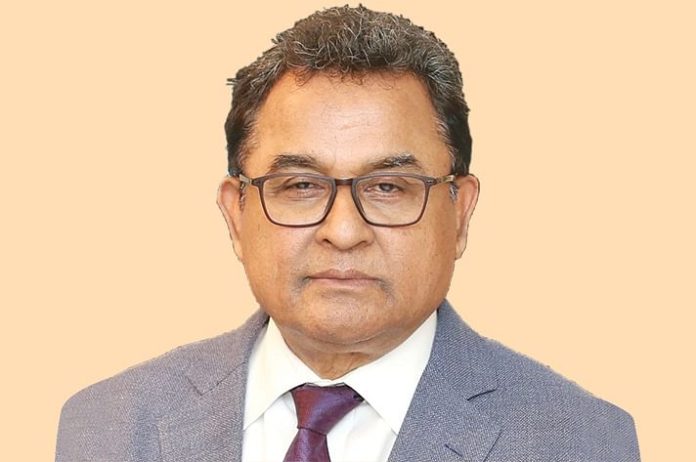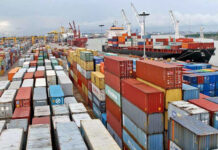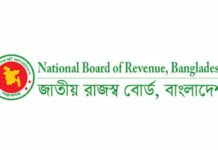Minister of Finance AHM Mustafa Kamal has said that it is possible to repay the entire foreign debt of Bangladesh till 2025 with the help of two months’ remittance sent by the expatriates.
He made the remarks in a pre-budget discussion held online with newspaper editors and top executives of electronic media on Thursday (19 May) evening. He said this while highlighting the issue of comparing Bangladesh with Sri Lanka.
The Minister said that Bangladesh will spend 2.4 billion dollars on repaying foreign loans in the current fiscal year, which will increase to 2.8 billion dollars next year. In the 2024-25 fiscal year, 3.3 billion dollars will be spent to pay off foreign debts and 4 billion dollars the following year.
‘Our expatriates are sending 2 billion dollars to the country this month as well. It will be possible to meet the full-year debt of Bangladesh, with only the remittances sent by expatriates over two months,’ he said.
‘We are accustomed to dealing with such crises, we have the experience,’ he said.
He said, ‘I was asked whether the situation in Bangladesh would be like that of Sri Lanka, whereas we have financed Sri Lanka. For a long time, their inflation rate was 31%. Inflation in India and Pakistan is also high, but it is not higher than 6% in Bangladesh. Our debt-GDP ratio is also at an all-time low, 34-35% of GDP.’
‘We have taken loans for productive projects. We approve the projects considering how much the revenue from the project will increase, how much employment will be created, and whether the cost will be reduced or not. 77% of our loan is a soft loan, which is taken from World Bank, ADB, Islamic Development Bank, and JICA. On the other hand, Sri Lanka has taken a loan from commercial banks,’ the Minister added.
On inflation, the Minister said that the Food and Agriculture Organization of the United Nations (FAO) had said in May that commodity prices in the world market had risen by 30%. According to the World Bank, prices of wheat, beef, chicken, soybean oil, sugar, urea, TSP, and fuel oil have risen sharply.
‘We are a market-based economy. If anything happens anywhere in the world, it affects us too. We have to run our country in harmony with the rest of the world,’ he said.
The Minister of Finance said, ‘We want to run the country keeping everyone happy. There will be a win-win situation for everyone.’
‘We budget for the people. We want to move forward with everyone, not leave anyone behind. We have been giving priority to agriculture. We give priority to generating employment. Now I am giving priority to “Made in Bangladesh”. The budget will be responsible and transparent.’
Mustafa Kamal said that as much as the price of fuel oil has gone up, it will be borne by the consumers and the government. It will not be imposed on the government or the consumer alone.
At the meeting, top executives of the media emphasised controlling inflation and managing foreign exchange.




